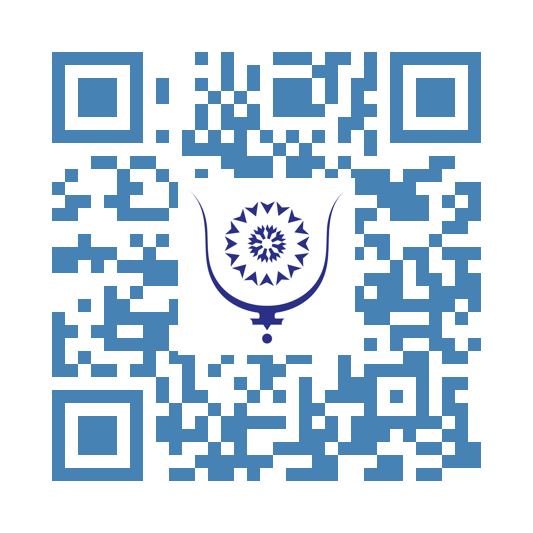Abdou Cherif left, carried by his voice towards the heavens. 3528
I was driving back from Fez, when the radio channel which kept me company announced the sudden, dramatic, incomprehensible, unexpected, rapid, devastating and sad disappearance of Abdou Cherif.
I adored, I adore and will adore until the end of my days this virtuoso whom I never had the chance to meet but whom television and YouTube subsequently made me discover and love.
I, who adore Abdelhalim Hafed or Hafez and the beautiful Egyptian songs, find in him a certain continuity of the "belle époque"; that of the sublime musical drop; the one where lyricists like composers, conductors and performers surpassed themselves to offer the Arab public and not only the best of music.
Inspired sometimes by deeply rooted popular arts, sometimes by musical tunes from elsewhere, even going so far as to explore Argentina Tango, they have bequeathed us a unique musical heritage whose richness we do not yet fully appreciate.
Listening to Abdou Cherif performing Gabar or habibaha, we are caught in a whirlwind of magic by his captivating voice, strong, soft, expressive. The sound is crystal and the diction clear. Abdou sublimates this kind of song to make you forget the original…
And then big surprise, one evening, at the Olympia in Cairo, he doubtfully gently announced that he was going to venture into singing "La Boheme". Charles Aznavour would have loved this moment so much. It was a triumph.
And it's not over, Abdou will try the impossible and no one is bound to do the impossible, one evening in Casablanca he will amaze, surprise, by revisiting one of the standards of Moroccan Malhoum: Ghita. Who would have thought that one day this inveterate faithful of Abdelhalim would knock on the door of Lhaj Driss Benali Al malki and make him stand up in his two centuries old tomb. I am convinced that where he is, Driss Benali is smiling with satisfaction. No one has ever interpreted Ghita like Abdou Cherif, not even the great master Driss Toulali.
This is the man who leaves us today forever, leaving us his voice, his smile, his elegance, his sensitivity and his audacity to stand up in large concert halls and take his fans on a journey beyond time. .
When I arrived home, I stood in a corner, took my phone and started listening to endless extracts of his interpretations, spending more time on some where he had been at the height of his art, such as Rahila, composed by another of Moroccan music: Abdesalam Amer and performed by another beautiful voice that of the crooner Mohamed ElHayani. He also left early.
A way of the deceased Abdou Cherif from a distance and to pray for the peace of his soul.
I hesitated before offering you any of his interpretations: all of them are as perfect and beautiful as each other. Finally I said to myself why not Bohemia. You have a link down here.
We belong to God and to him we return.
Rest in peace Abdou.
You are leaving Bluwr.
We cannot guarantee what's on the other side of this link:



